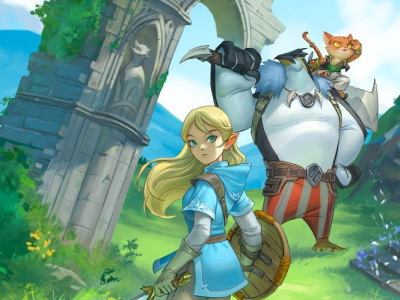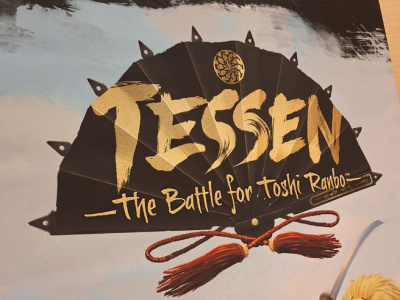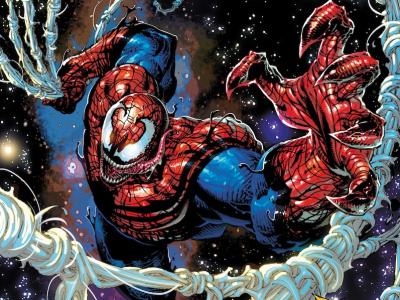
ICv2 recently spoke with
Hoffs began his career in
In Part One of our three part interview, Hoffs talks about manga source material for Viz Productions films and how those films could work in both domestic and international markets. In Part Two, he discusses possibilities for licensing to studios vs. producing in-house and decisions about format and distribution. In Part Three, Hoffs talks about markets outside of
Hollywood has obviously brought in talent, ideas and influences from around the world throughout its history. What do you think that manga brings to the party as far as source material for films?
As far introducing a new, rich world, I think that manga is certainly the equal of any
We could start to speculate very abstractly about some of the differences between American comics and graphic novels and manga. One of the interesting things seems to be the sort of membrane between our world and other worlds, whether it’s the world of the afterlife, whether it's a multi-verse or whether you're traveling back and forth in time. Those membranes seem more permeable, perhaps in Japanese culture, but certainly in manga. There are so many properties that deal compellingly with people traveling into the past, people travelling into other realities. There’s a very rich vein that we obviously traverse when we’re making movies as well (when we’re making a movie like Ghost or something), but it feels like those kinds of ideas suffuse Japanese culture and manga. And the way that they’re often depicted in manga are very appropriate to film in terms of taking an everyman character and having them confront extraordinary worlds or realities. Properties that come to mind as way of example would be Bleach, Death Note, or Inuyasha or even Mai, the Psychic Girl, one of the first Viz properties that came here from Shogakukan. It seems a lot of the manga properties involve an everyman or woman who are a gateway into an extraordinary reality and movie audiences love those kinds of stories.
A lot of manga are more team based. I don’t know if it comes from Japanese culture, but like with Naruto, the team is all important. It feels like in American superhero stories, some of the Marvel stuff, you have more of the tortured, lone anti-hero, and I know that happens in manga as well, but there seems to be a team-based mentality to a lot of the manga properties that’s very appealing.
Also what I hope the studios will want to explore is the diversity of shojo titles and shonen titles, and seinen and each of those lines. There’s a manga for everybody in
On the market side, what’s your assessment of the American interest in these properties as the sources for feature films, and as part of that, do you see these as properties that are best positioned as being Japanese and emphasizing their Japanese character, or putting them out there as stories and not focusing as much on the origin?
To some extent, that’s to be explored on a case-by-case basis. Sometimes with American comic books and American source material, the filmmakers and studios feel comfortable taking whatever they want from that source material and, unless it’s a beloved property like Harry Potter that’s adapted almost literally, you’re taking the source material from a comic book, say Men in Black, and adapted very freely and completely for your own purposes. From what I’m learning, in
Do you see what you’re doing as building on the existing audience for anime and manga properties in the
Let me backtrack for a second--if you’re asking, are we selling Japanese stories, I think so many of the stories are universal and have a global appeal. You see Naruto, Death Note, Bleach--they’re worldwide franchises at this point, and they do have a global appeal, so we’re telling stories that are initiated in
The Japanese material has strengths that are unique to
Click here for Part Two.







